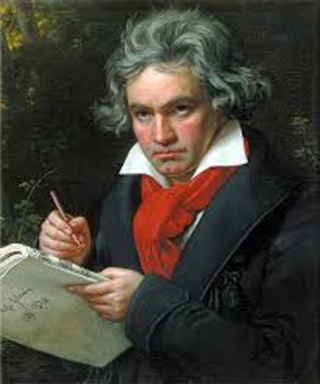2/15/2021 J.S. Bach "Concerto for two violines" in D minor, BDV 1043
- Emi Igarashi / Editor

- Feb 15, 2021
- 2 min read
The "Bach Double" concerto is a pure musical dialogue with "two soloists passing back and forth melodic ideas," said Burton-Hill. Bach Double is a piece practically all violine students play (or study) both the first and the second violin parts at fairly young age. "Bach renders - and rends - the human heart in a way that very few other composers have even come close to" Burton-Hill concludes.

In Bach's biography (1873) Philipp Spitta wrote,
"Dem D moll-Concert ist unstreitig der höchste Werth eigen und in dieser Eigenschaft findet es auch unter der heutigen musikalischen Welt schon eine erfreuliche Beachtung. Zwei Soloviolinen sind hier herangezogen, doch kann man nicht wohl von einem Doppelconcerte reden, da die beiden Geigen weniger unter sich, als vereinigt gegen den Instrumentalchor concertiren. Eine jede ist natürlich mit der Selbständigkeit behandelt, die bei dem Bachschen Stile ohne weiteres vorausgesetzt wird. Im Mittelsatze, einer wahren Perle an edlem, innigem Gesange, verhält sich das Orchester fast nur accompagnirend, wie es bei den Concertadagios ja das Gewöhnliche war." (Philipp Spitta)
"The D minor concerto is without doubt the finest of the set and is held in due esteem by the musical world of the present day. Two solo violins are here employed, but it is not, strictly speaking, a double concerto, for the two violins play not so much against one another, as together against the whole band. Each is treated with the independence that is a matter of course in Bach's style. In the middle movement, a very pearl of noble and expressive melody, the orchestra is used only as an accompaniment, as was usual in the adagios of concertos." (translation by Bell/Fuller Maitland)


Among so many recordings by established performers, I chose the performance by one of my favorite violinists, David Oistrakh and his son, Igor Oistrakh, with Moscow Chamber Orchestra recorded in Moscow in 1974. (The record jacket, right, is by Deutsche Grammophon, a German classical music record label, published in 1963.)
PS: Oistrakh died of a myocardial infarction at 66 during a performance trip in Amsterdam in October 1974. If the recording were made in Moscow in 1974, it would be the same year. Is it too much to think that somehow, he seems tired? According to Menuhin, Oistrakh was managing an extremely hard schedule unthinkable in the west.
.png)



Comments